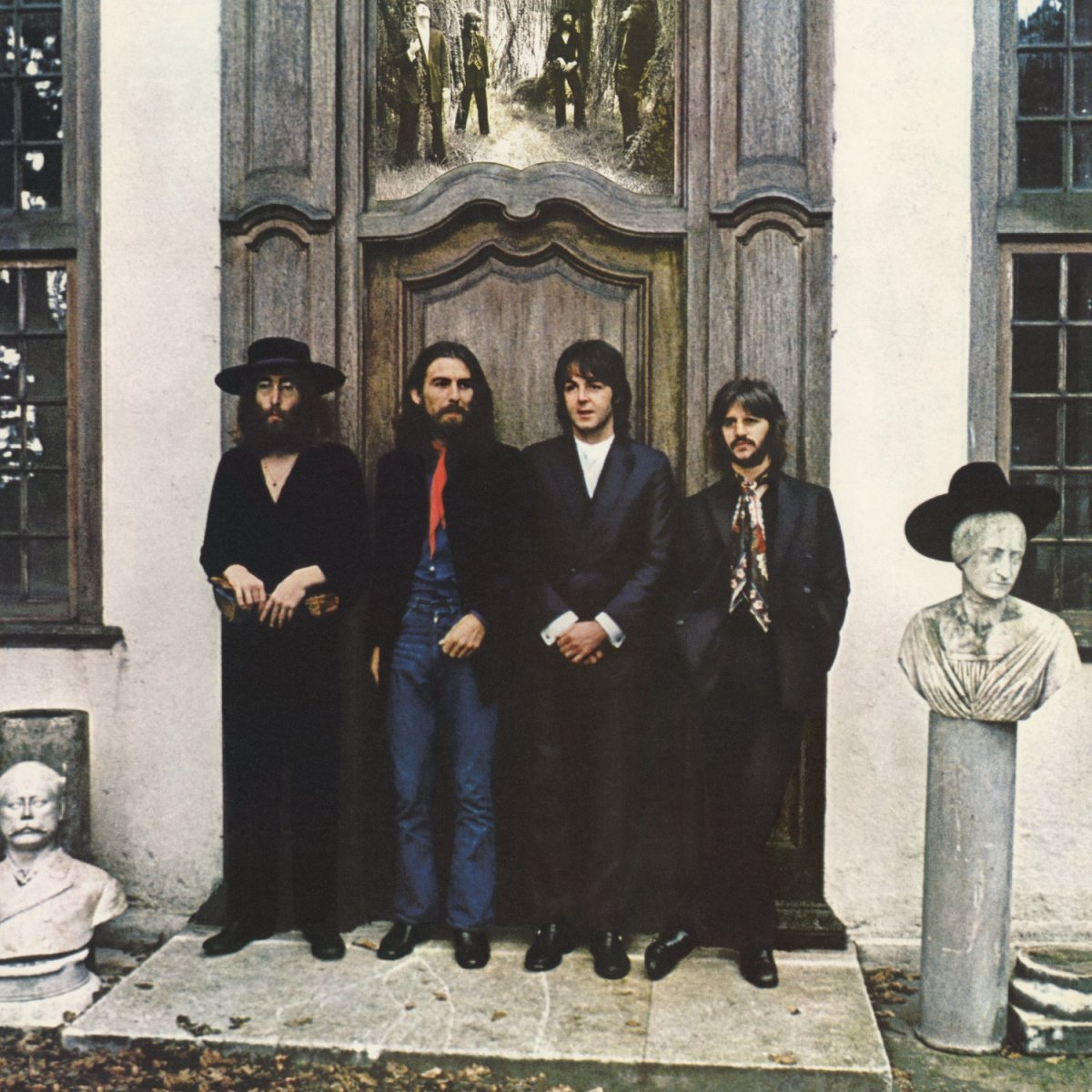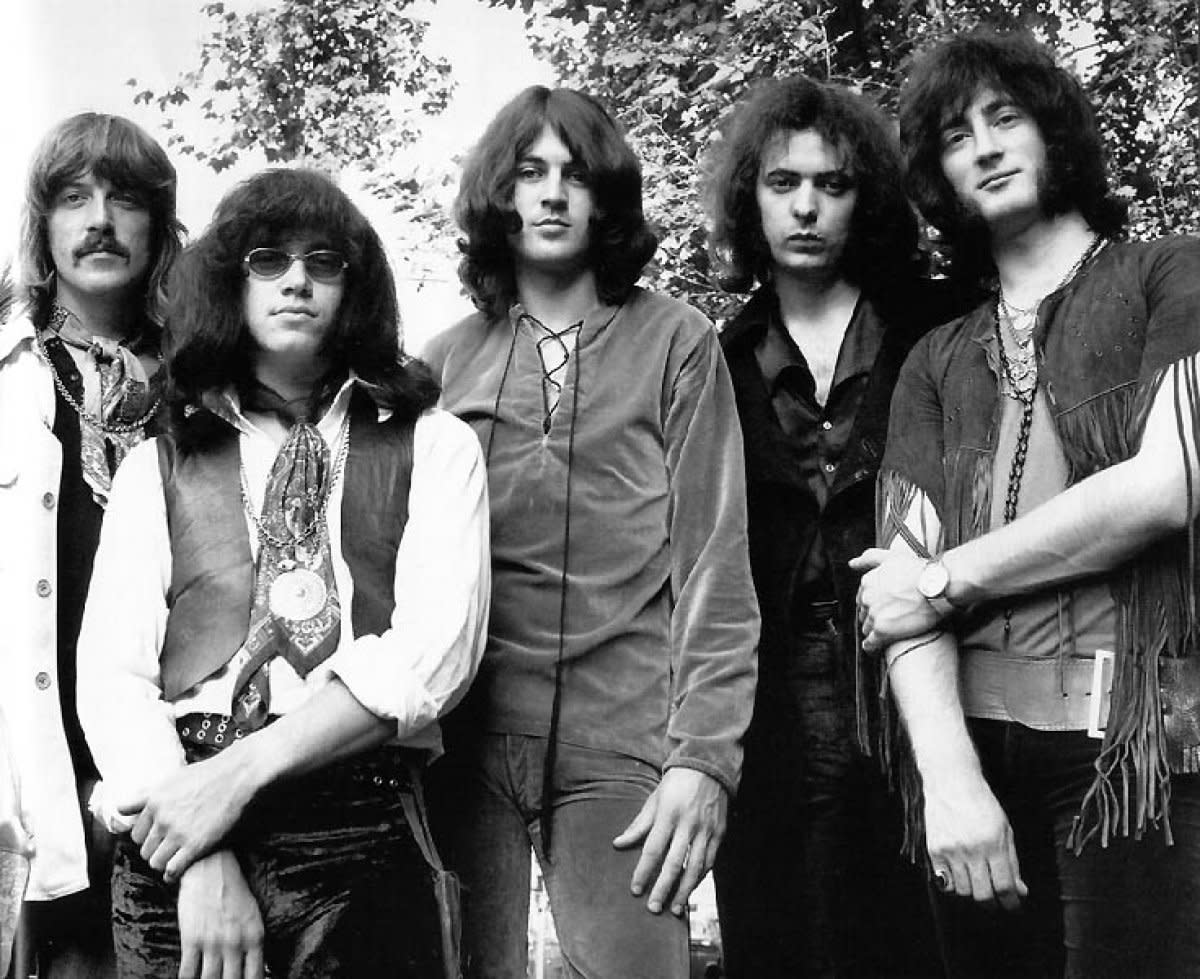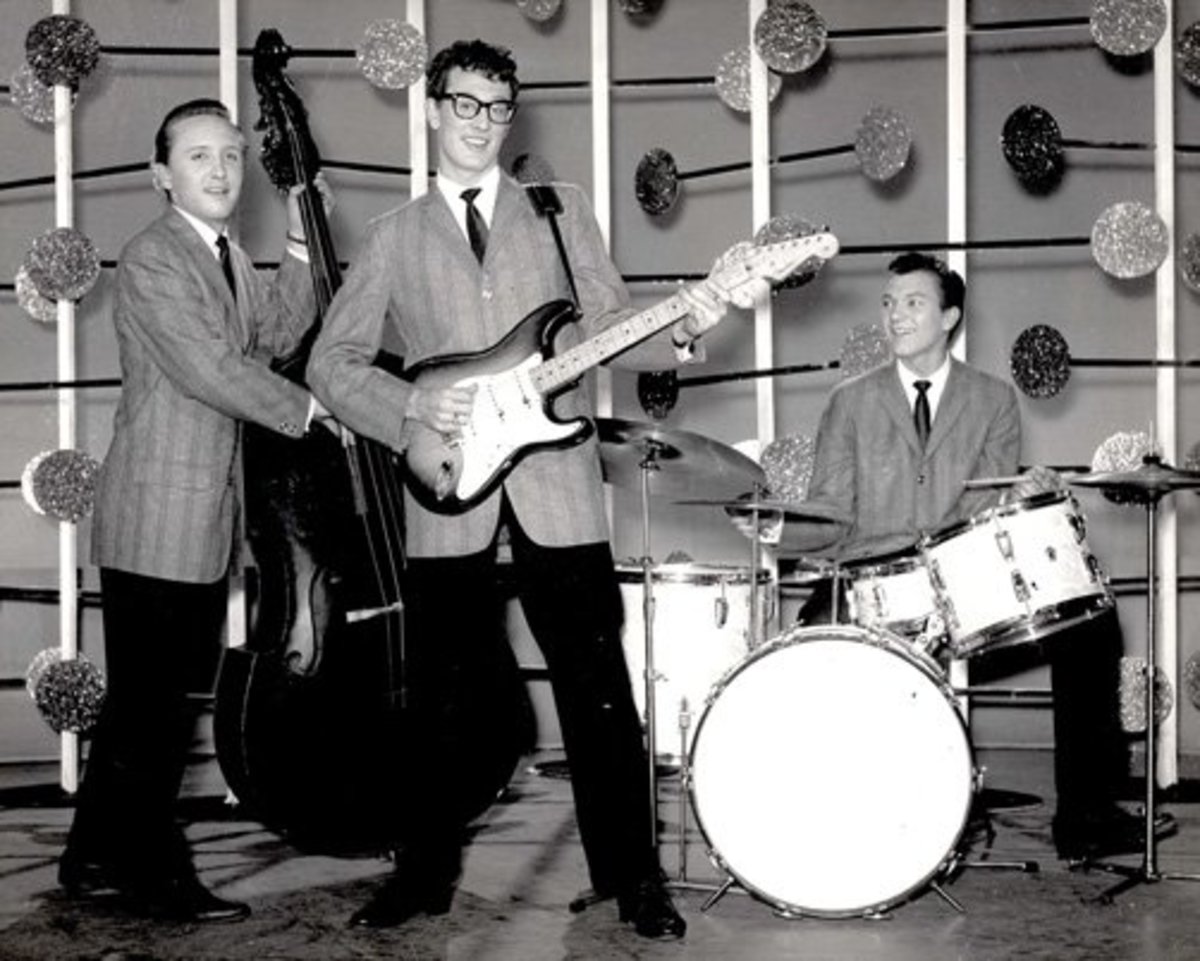The Beatles and The Rolling Stones
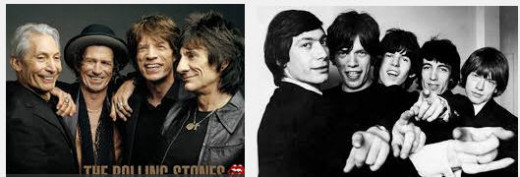
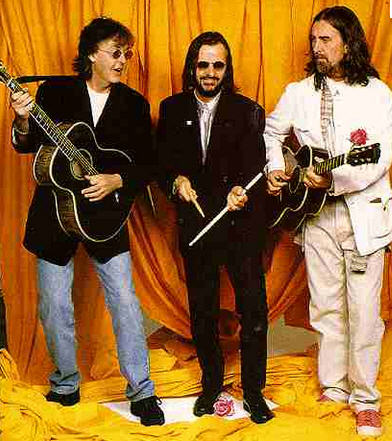
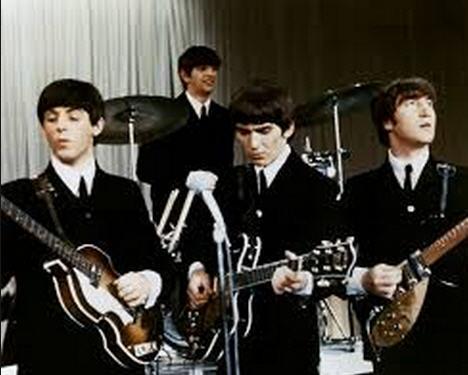
The Beatles and The Rolling Stones. Two epic and iconic rock bands that helped shaped Rock music for different reasons. Yet, anyone who was at least 10 yrs. old or more during their reign in the the sixties realised that there was a rivalry between them. But, despite my own liking of the Stones and after listening to the Stones anthology since they started, one thing is crystal clear-The Beatles were simply FAR superior in all aspects even from the start. It was as if, even then, The Beatles were on a different level, akin to a a pro sport team compared to an amateur team.
The Stones early recordings showed little originality covering mostly old blues songs that they updated. Most of the teens then in England had not heard most of the songs and naturally thought they had written them. As a band, they were very limited in their sound-they only had one vocalist and seldom harmonized. They often tried to stay true to how the song was originally recorded, thus making it bland and predictable. With only one vocalist and their love of the R&B sound, made for a boring record due to a lack of variety. Most of the Stones records pre-1965, were mostly covers of other songs. It was only after their 1965 smash, "Satisfaction", that they had written, did they move closer to The Beatles. After that, they wrote many more of their well known hits. At one point, before 1965, the Stones were so desperate for a hit, they asked John Lennon ( a friend of Mick Jagger, lead singer of the Stones) for a song. The Beatles gave them what John later would say, " I Wanna Be Your Man was a throwaway song" . This is when the Stones recorded the only Beatle song ever. The Beatles also recorded it for their first LP. It is interesting to listen to both. The song itself is mediocre.
The greatest gift The Beatles gave to the Stones and all other English rock bands was that the invasion door was opened. The Stones was just one of the many times to ride the Beatle tidal wave into America.
Yes, the Stones were the raw and bad boys of that invasion, while The Beatles were the opposite, edgy, cute, and sharp witted. They had class. Their appeal was polished. When you combine this with obvious talent in songwriting, having three main vocalists, harmonies, and a unique style, they were not on the same playing field. Even when the Beatles did covers of others songs (listen to "Money", "Shout", "Roll Over Beethoven" and others) it sounded better than the original recording-WAY better! They owned it, rearranged it, made it more rock\pop rather than R&B. Making it more rock\pop made it much more popular and acceptable by mainstream America and radio stations. While the Stones tried to cover songs like the originals, the Beatles, made it sound like THEY had written it, improving it making it better than the original.
The recording techniques or the studios used also made the sound. The Beatles got lucky 1962 when EMI engineer, George Martin, liked their audition. Martin was in his mid-30's then and already a solid producer and recording engineer at one of the world's best studios, EMI. As the years would go by, Martin, was frequently considered as the "5th Beatle" because he also was very creative musically and often suggested song improvements. He could take a suggestion made by a member and turn it into reality using recording techniques. The Stones never had this originality.
As the sixties became the late sixties, the gap between the bands were like day and night. There were the diehard fans of both bands. There seemed to a competitiveness between the bands. For instance, after Sgt. Pepper came out in 1967, the Stones released their LP with a 3D cover that looked sort of liked the Pepper cover in arrangement. The Beatles were always "one step"ahead of the Stones in sixties.
After the sixties ended and the Beatles broke up, the Stones defaulted to the rock reign and pretty much stayed there in the 70's and 80's. Maybe it was a "legacy" thing but it really was because there was no real competition.




